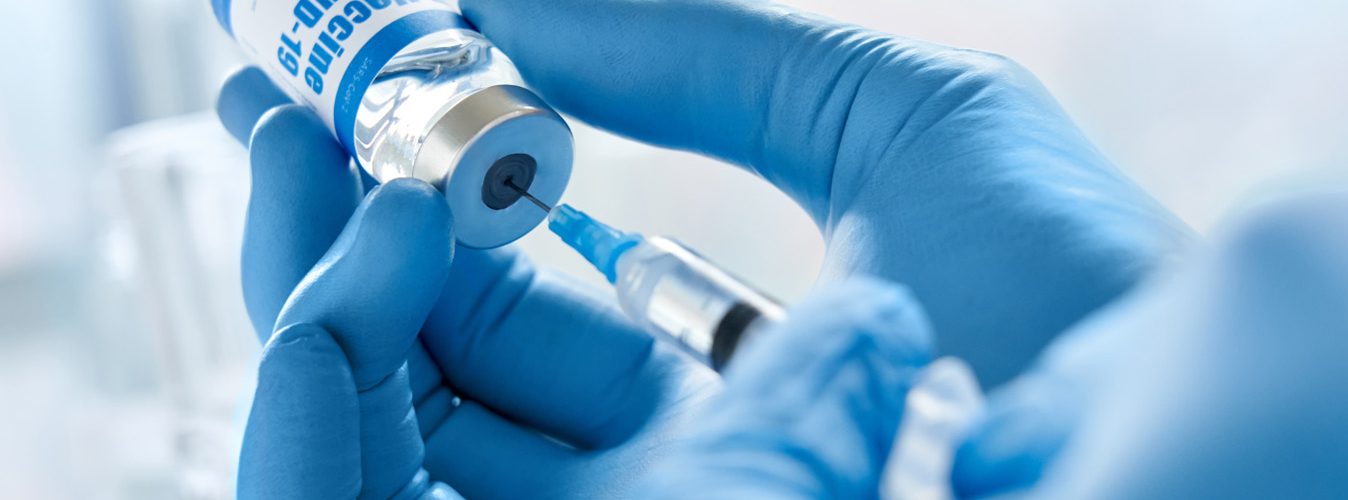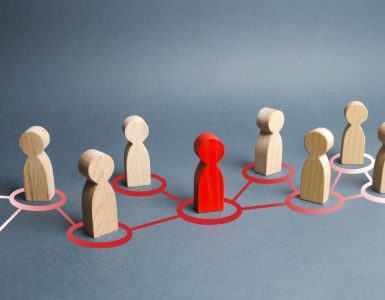By Kausalyaa Kaliapan
COVID-19, a global pandemic that has instilled profound fear within us, presenting a stark choice between life and death. Amidst this crisis, scientists developed a preventive measure for this life-threatening disease, aiming to save lives and alleviate severe symptoms during the infection. However, many of us were skeptical about getting the vaccine at first.
Why? Because of all the circulating myths and misconceptions. People believed that natural immunity was better than vaccine immunity, drawing comparisons to diseases like chickenpox, where the body builds up natural defences after infection.
During this period, our body produce antibodies and memory cells, acting as a personal army ready to fight off the virus if it tries to attack again. This natural defence system is called “natural active immunity.” Typically, it lasts a lifetime, keeping us protected. But sometimes, as we grow older or if our immune system is not working well, that protection can start to fade.
However, with COVID-19, it’s different. If you’ve had COVID-19, you may have
some immunity to the virus but experts are uncertain how strong it is or how long it lasts, with several reports of re-infection. COVID-19 vaccines trigger a more reliable immune response, potentially offering longer-lasting protection. Therefore, even if you’ve had COVID-19, it is still important to get vaccinated.
Clinical trials included individuals who had previously contracted COVID-19, reassuring the safety of the vaccine for this group. Moreover, it is safer to obtain immunity from a COVID-19 vaccine than from contracting the virus itself because vaccine side effects are usually mild and predictable, whereas COVID-19 can be severe, varying from person to person, with some experiencing severe illness.
Hence, vaccines offer the best protection against COVID-19, even for those who have already been infected. Additionally, it is crucial to remember that when you get vaccinated, you are not only shielding yourself against COVID-19 but also contributing to herd immunity. Not everyone can be vaccinated, particularly individuals with underlying serious health issues that have weakened their immune system.
However, if enough people around them get vaccinated, it creates a shield of protection called herd immunity, making it difficult for the disease to spread
because most people it encounters are already immune. Herd immunity is vital for those unable to get vaccinated, providing them a layer of defence against diseases.
While no vaccine offers perfect protection, herd immunity helps safeguard the vulnerable people. By getting vaccinated, you’re not only safeguarding yourself but also looking out for those in your community who are unable to be vaccinated. So, if you can, roll up your sleeve and get vaccinated!


























Add comment